So here’s the thing about VPNs – they’re amazing for protecting your privacy, but vpn laws by country vary dramatically. While you can freely use a VPN in places like the US or Germany, trying the same thing in North Korea could land you in serious trouble. And I mean serious trouble.
Whether you’re working remotely, traveling abroad, or just trying to keep your browsing habits to yourself, knowing where VPNs stand legally is pretty crucial. Let’s break down the global VPN situation without the jargon or corporate-speak.
I should mention that some links in this article might be affiliate links. If you click through and make a purchase, we might earn a small commission, but it won’t cost you anything extra.
Countries That Ban VPNs Completely
Some governments really, really don’t want you using VPNs. Like, to the point where they’ve made them entirely illegal.
North Korea: Digital Lockdown
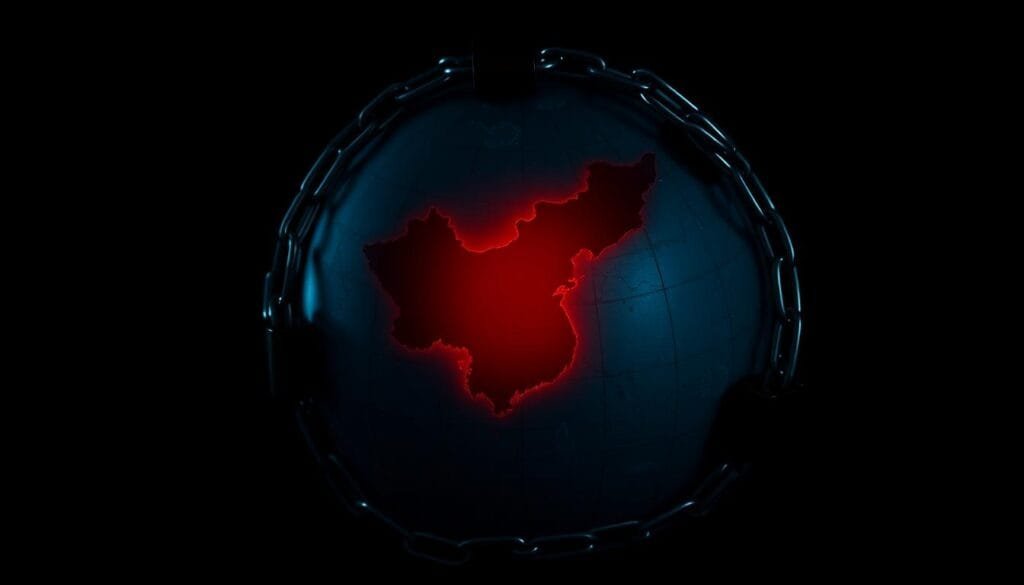
North Korea takes internet control to another level. Most citizens can only access the government’s “Kwangmyong” intranet – basically a tiny, censored version of the internet filled with state-approved content.
Using a VPN here? That’s asking for imprisonment or worse. Even tourists with limited internet access face major risks if caught using VPNs. A few brave North Koreans apparently find ways around these restrictions, but they’re risking everything to do so.
Want to learn more about North Korea’s digital isolation? Check out this detailed breakdown of their internet censorship.
Turkmenistan: Welcome to the “Turkmenet”
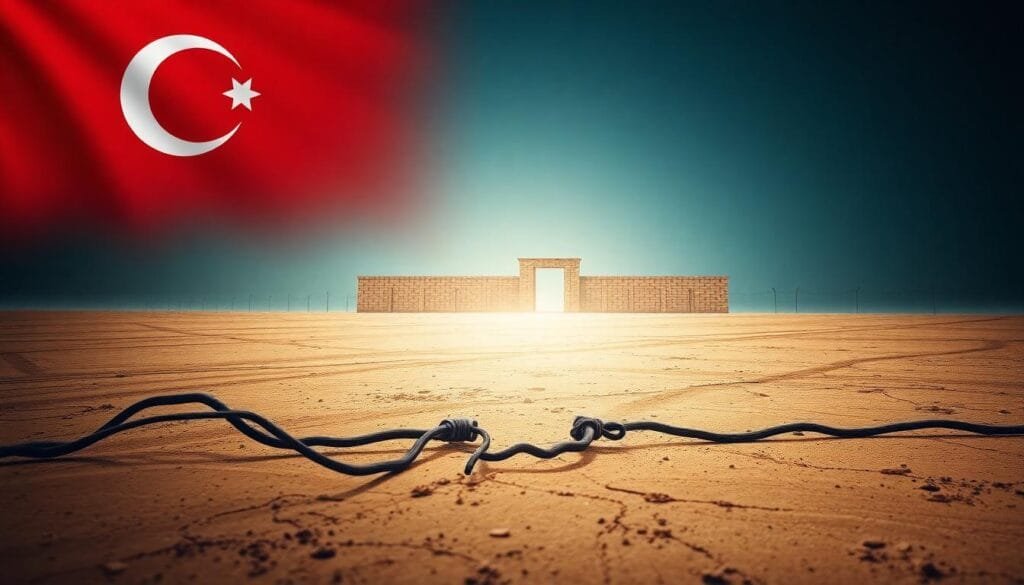
The Turkmenistan government restricts internet access so severely that locals sarcastically call it “Turkmenet” – you can only visit government-approved sites. The authorities are extremely serious about blocking VPNs, using advanced tools to spot and block encrypted traffic.
If you’re caught using a VPN, you might face interrogation, fines, or jail time. In some truly bizarre cases, Turkmenistan authorities make citizens swear on religious texts that they’ll stop using VPNs. You can read more about Turkmenistan’s unusual approach to internet control here.
Belarus: Where VPNs Equal Crime
Belarus has taken a hardline stance by criminalizing VPNs and similar privacy tools. The government sees them as threats to their control over information and uses deep packet inspection (fancy tech that spots encrypted traffic) to catch VPN users.
Get caught using a VPN in Belarus and you could be looking at fines up to $1,200 – a huge amount for most Belarusians. This fits into their broader strategy of limiting access to international websites. For a deeper look at Belarus’s anti-VPN measures, this analysis covers the details.
Countries Where Only Government-Approved VPNs Are Allowed
Some countries take a middle path – they’ll let you use VPNs, but only ones they can monitor. Not exactly what VPNs were designed for, right?
China: Behind the Great Firewall
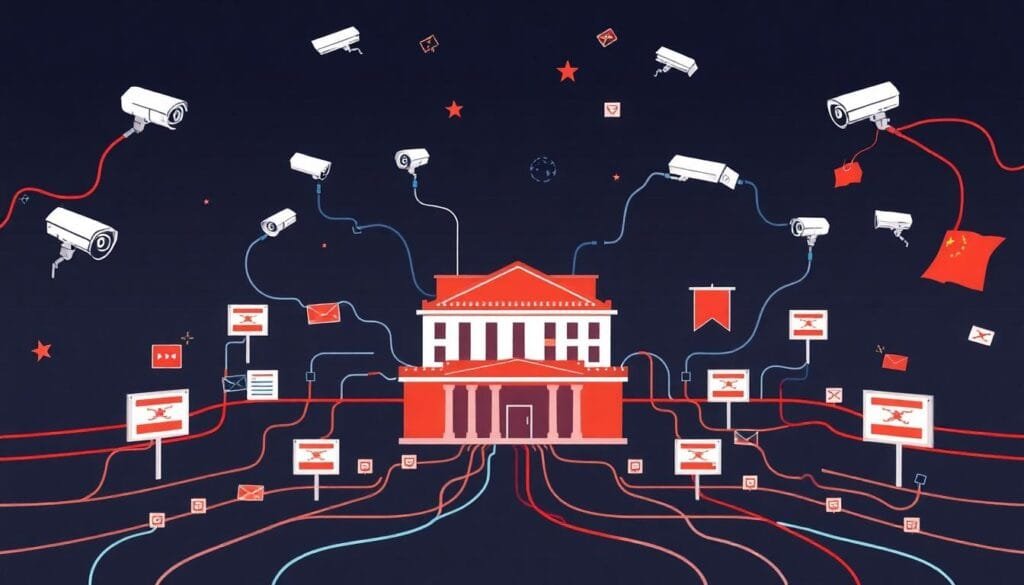
China’s “Great Firewall” blocks huge portions of the internet Americans and Europeans take for granted – Google, YouTube, Facebook, you name it. You can use a VPN, but only a government-approved one (which, yes, comes with government backdoor access for surveillance).
Unauthorized VPNs aren’t just banned – they’re actively hunted using Deep Packet Inspection technology that spots encrypted connections. Penalties range from having your internet cut off to paying fines. If you’re planning to visit China, you’ll want to read this practical guide on VPN use in the country.
Russia: Register or Be Blocked
Russia requires all VPN providers to register with Roskomnadzor (their communications regulator). To get approved, VPNs must block sites the government doesn’t like and keep user data for six months – pretty much defeating the whole point of a VPN.
This approach fits Russia’s push for what they call internet “sovereignty” (aka control). Unregistered VPNs get blocked, and promoting their use could get you in trouble. To understand Russia’s complicated relationship with VPNs, check out this detailed analysis.
United Arab Emirates: Limited Use, Maximum Penalties
The UAE has this weird middle ground where VPNs are technically allowed for specific purposes, but using one to access blocked content (like making WhatsApp calls) can result in massive fines between AED 150,000 and AED 500,000 (that’s about $40,000 to $136,000). In some cases, you could even face jail time.
Businesses can use VPNs under strict rules, but personal use is walking a tightrope. If you want the full legal picture of VPN use in the UAE, this legal breakdown explains it all.
Other Countries with Heavy Restrictions
Several other nations have significant VPN limitations:
- Iran only allows government-approved VPNs (which are monitored), and unauthorized use could mean up to a year in jail
- Turkey restricts VPNs under the umbrella of “national security,” typically targeting politically sensitive services
- Uganda has banned VPNs at times to enforce controversial taxes and limit online criticism
Planning a trip to any of these places? Do your homework first. This guide on global VPN legality is a good starting point.
Countries with Regulated VPN Usage
Then there are countries that allow VPNs but regulate them through broader data laws. The VPN is legal, but its privacy benefits might be compromised.
India: All Your Data Are Belong to Us
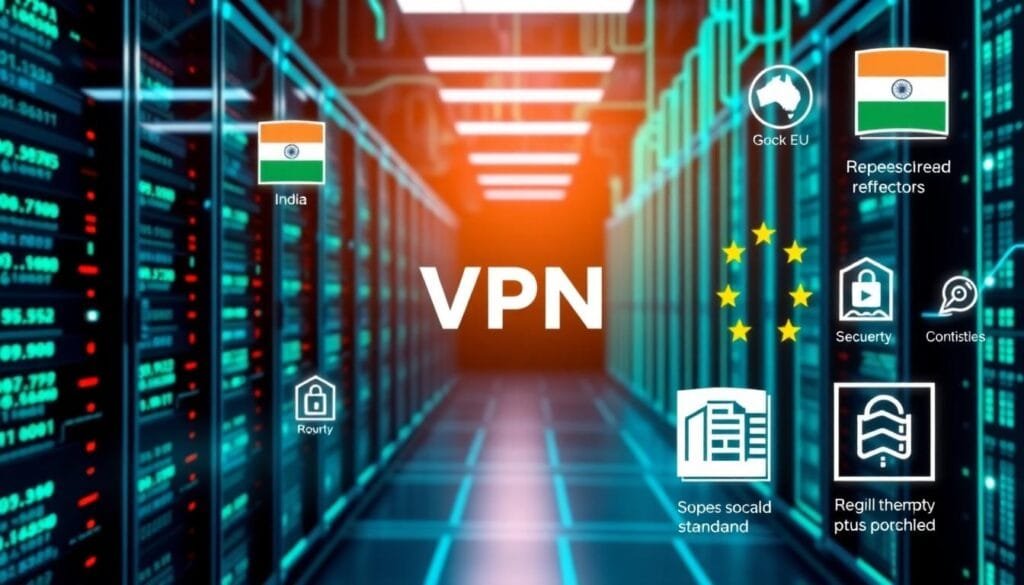
India introduced strict data retention laws in 2022 that hit VPN providers hard. Under Computer Emergency Response Team (CERT-In) rules, VPNs must keep detailed user logs for at least five years, including IP addresses, timestamps, and personal information.
Many international VPN companies responded by simply pulling their servers out of India rather than compromising user privacy. NordVPN and Surfshark were among those that said “thanks, but no thanks,” as covered in this Wired article.
For users, this raises some obvious questions: if your VPN is keeping logs, is it really protecting your privacy? Local providers face tough competition from international companies with stricter privacy standards. You can read about how Indian VPN companies responded in this industry report.
European Union: GDPR’s Double-Edged Sword
The European Union requires VPN providers to follow General Data Protection Regulation (GDPR) rules. VPNs are legal throughout the EU, but providers must meet GDPR standards for data security, transparency, and deletion policies.
For users, this is actually mostly good news – GDPR compliance typically means stronger privacy protections with better encryption, secure storage, and stricter no-logs policies. These requirements apply to any company serving EU customers, no matter where they’re based.
The relationship between VPNs and GDPR creates more accountability in data privacy. For a deeper dive into how these regulations affect VPN services in Europe, check out this resource on GDPR and VPNs.
VPN-Friendly Countries
Some places actually respect your right to digital privacy. Crazy, right?
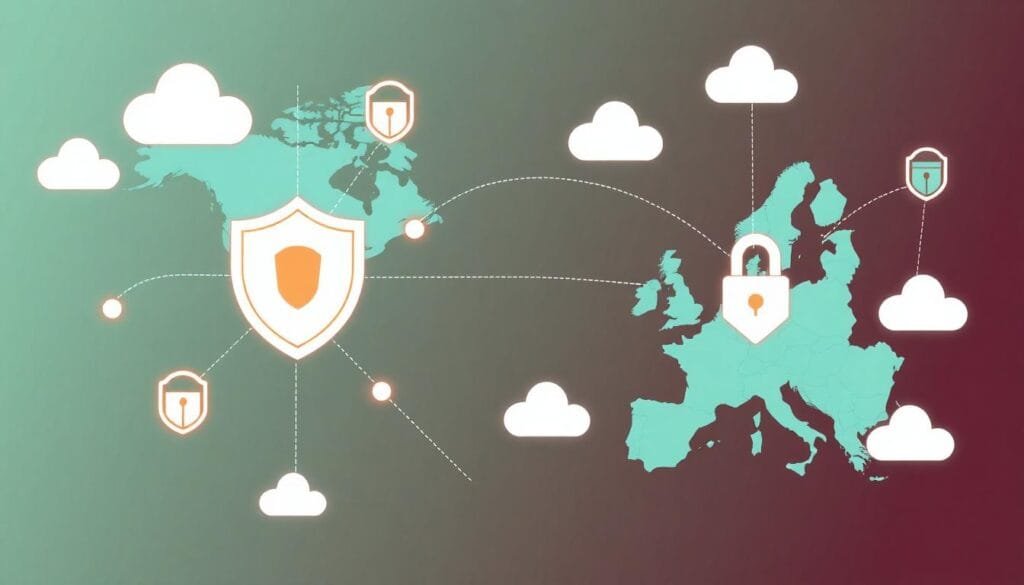
United States and Canada: Privacy Champions
North America generally supports unrestricted VPN use, reflecting their values around privacy and growing awareness of cybersecurity issues.
The US treats privacy as a fundamental right, extending to digital communications. Almost half of Americans have used a VPN at least once, mainly to watch geo-blocked content and protect sensitive information. According to a recent survey, VPN use continues to grow as privacy concerns increase. You can see the full stats in this CNET survey.
Canada shows similar patterns, with over 68% of residents familiar with VPN technology. Canadians mainly use VPNs to protect against online fraud and snooping, with about half choosing paid services for better security. Check out the Canadian VPN adoption trends in this NordVPN report.
Both countries value individual freedom and data security, making VPNs not just legal but practically encouraged.
Western Europe: Privacy by Design
Western European countries strongly support VPN use, in line with their progressive approach to data protection through frameworks like GDPR.
The General Data Protection Regulation pushes VPN providers to maintain high privacy standards, which benefits users through better security and anonymity. Unlike restrictive regions, Western European nations actually encourage tools that strengthen rather than undermine user privacy.
Germany, France, and the Netherlands actively support encryption and privacy services for both personal and business use. In German businesses, VPNs are often standard practice for securing communications. GDPR requirements ensure even non-EU companies serving European customers prioritize privacy.
Through these comprehensive protections and cultural support for digital rights, Western Europe shows how regulation can enhance rather than restrict online freedom.
Keeping Safe While Using VPNs Globally
Understanding global VPN laws is important, but knowing how to protect yourself when using these services is equally crucial. Here are some practical tips:
- Research before you travel – Always check if VPNs are legal at your destination
- Pick VPNs with strong security features – Look for services with “obfuscated servers” that hide the fact you’re using a VPN
- Choose providers with proven no-logs policies – Priority goes to VPNs with third-party audits of their privacy practices
- Use mobile data instead of hotel/public WiFi when possible – In restrictive countries, mobile connections sometimes face less monitoring
- Try specialized protocols – Some VPNs offer technology specifically designed to bypass government restrictions
Remember that even in VPN-friendly countries, using them for illegal activities is still, well, illegal. Privacy tools should enhance security, not enable harmful behavior.
Have you ever had trouble accessing content while traveling? Or worried about using VPNs in countries with strict internet rules? Your experiences could help others figure out these tricky digital situations.
FAQs:
❓ Can hotels in restrictive countries monitor VPN usage on their WiFi? (Click to Expand)
▶ Yes, hotels in countries with VPN restrictions often implement monitoring systems on their WiFi networks. Many use deep packet inspection technology that can detect encrypted VPN traffic patterns. When staying in restrictive countries, using mobile data connections or specialized “stealth” VPN protocols generally provides better privacy protection than hotel networks.
❓ How do international businesses legally operate in VPN-restricted countries?
▶ International businesses typically operate under special licenses that permit secure connections for legitimate corporate purposes. Many establish formal agreements with local authorities to use approved secure channels, implement government-approved security solutions, or route traffic through approved local partners. Some companies maintain separate IT policies for different regions to ensure compliance with local laws.
❓ Are there any penalties for VPN use during layovers in restricted countries?
▶ Even during brief layovers, connecting to VPNs in restricted countries can carry risks. While enforcement varies, technical detection systems don’t distinguish between travelers and residents. Airport WiFi networks in countries like China and Russia often feature enhanced monitoring. The safest approach is to wait until reaching VPN-friendly destinations before connecting or research country-specific regulations before your trip.
❓ How frequently do VPN laws change worldwide?
▶ VPN regulations change remarkably often, with significant shifts occurring in at least 5-10 countries annually. These changes typically follow broader cybersecurity incidents, political shifts, or technological developments. What’s permitted today might be restricted tomorrow, making it essential to check current regulations before traveling or conducting business internationally, even if you’ve visited a country recently.
❓ Can using a VPN affect my banking or financial services while traveling?
▶ Yes, using a VPN while accessing financial services abroad can trigger fraud protection measures. Many banks and credit card companies flag transactions that appear to come from locations different from your physical presence. To avoid account freezes or payment issues, consider whitelisting financial applications from your VPN connection or temporarily disconnecting when conducting important transactions.
The battle between privacy tools and restrictive policies keeps evolving. Some countries see VPNs as essential privacy protection, while others view them as threats to control. By staying informed about where VPNs stand legally, you can make smarter choices about protecting your online activities while respecting local laws.
What’s your approach to balancing privacy with compliance when traveling? Have you ever run into unexpected VPN restrictions abroad? Your strategies might help fellow digital nomads stay both safe and legal in our connected world.






